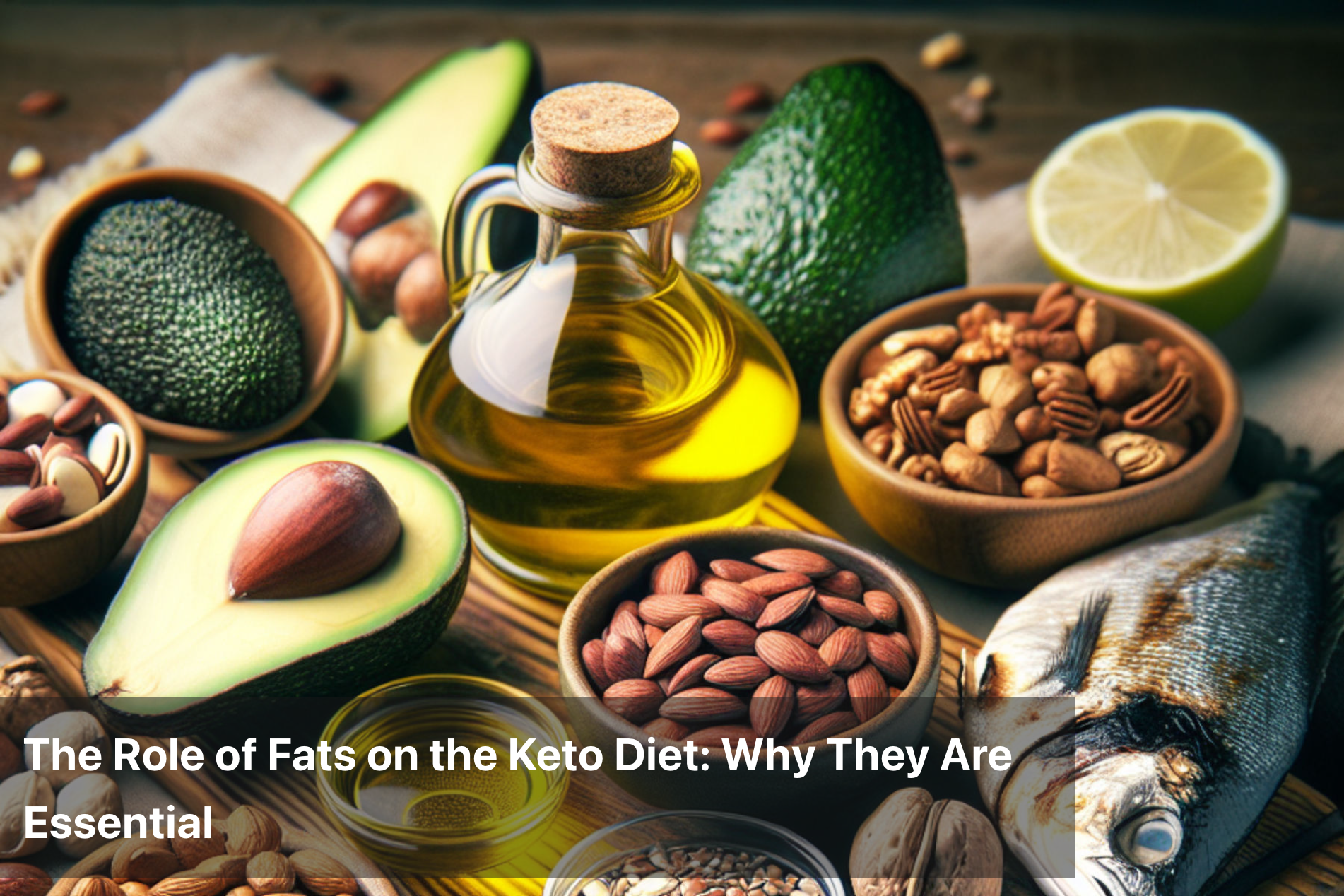
The Role of Fats on the Keto Diet: Why They Are Essential
The ketogenic diet is often described as a high-fat, low-carb approach to eating, but understanding the role of fats within this framework goes far beyond simply consuming butter and oils. On keto, fats are not only essential for energy production, but also play a significant role in hormone regulation, brain function, and nutrient absorption. Unlike traditional diets that vilify fats, keto embraces them as the cornerstone of a well-functioning metabolic system.
Shifting to a fat-dominant diet requires a fundamental change in how the body processes and utilizes energy. Rather than depending on glucose from carbohydrates, the body adapts to burn fats and produce ketones—molecules that serve as an efficient fuel source for both the brain and muscles. This transition relies heavily on the quality and quantity of fats consumed.

How the Keto Diet Works
The core of the ketogenic diet is to reduce carbohydrate intake to approximately 20–50 grams per day. This drastic reduction lowers blood glucose and insulin levels, prompting the body to enter a metabolic state known as ketosis. In ketosis, the liver converts fats into ketones, which replace glucose as the body’s primary source of energy.
To maintain this state, the majority of calories on keto—typically 70–75%—must come from fats. Protein makes up around 20–25%, and carbohydrates are kept to a minimum. This balance ensures sustained ketone production, stable blood sugar, and continuous fat-burning.
Why Fats Are Essential on Keto
1. Primary Energy Source
When carbs are restricted, the body turns to fat for fuel. Fats provide more than twice the energy per gram compared to carbohydrates (9 calories per gram vs. 4), making them an efficient and long-lasting energy source. Whether you’re working out, performing daily tasks, or fasting, dietary fats help fuel the body without the blood sugar crashes associated with carbs.
2. Supports Ketone Production
Without adequate fat intake, the liver cannot generate sufficient ketones. These molecules are crucial for maintaining ketosis and delivering energy to the brain and muscles. A low-fat keto diet can impair this process, making it difficult to sustain fat loss and cognitive clarity.
3. Hormone Regulation
Fats are fundamental for hormone synthesis. Cholesterol and dietary fats are used to produce vital hormones like testosterone, estrogen, progesterone, and cortisol. These hormones regulate everything from metabolism to stress response to reproductive health. Inadequate fat intake may lead to hormonal imbalances, mood swings, or fertility issues.
4. Absorption of Fat-Soluble Vitamins
Vitamins A, D, E, and K are fat-soluble, meaning they require dietary fats for proper absorption. These vitamins play critical roles in immunity, skin health, vision, bone strength, and antioxidant protection. Eating fat-rich meals ensures the body can fully utilize these nutrients.
5. Satiety and Appetite Control
Fats digest slowly and help maintain a feeling of fullness for longer periods. Meals rich in healthy fats reduce cravings and make it easier to follow a calorie-controlled, low-carb lifestyle. This satiety effect is one reason why many people experience effortless weight loss on keto.
Symptoms of Inadequate Fat Intake on Keto
If fat consumption is too low, several symptoms may appear, especially during the early adaptation phase:
Constant hunger or frequent cravings
Low energy or fatigue
Poor mental focus or brain fog
Cold intolerance
Hormonal fluctuations or menstrual irregularities
Hair thinning or dry skin
Difficulty maintaining ketosis
These symptoms often indicate that dietary fat intake needs to be increased to meet energy demands and sustain ketosis.
Healthy vs. Unhealthy Fats: What to Choose
Not all fats are created equal. On keto, it's essential to focus on healthy, unprocessed fats while avoiding inflammatory or overly processed varieties.
Healthy Fats (Recommended) |
Benefits |
|---|---|
Avocados and avocado oil |
Rich in monounsaturated fats and potassium |
Coconut oil and MCT oil |
Easily converted into ketones, supports metabolism |
Ghee and butter |
High in CLA and butyrate, supports gut and hormonal health |
Olive oil |
Anti-inflammatory, rich in antioxidants and heart-healthy fats |
Nuts and seeds (almonds, flax, chia) |
Provide omega-3s, fiber, and minerals |
Fatty fish (salmon, sardines) |
Excellent source of omega-3 fatty acids for brain and heart health |
Fats to Avoid or Limit |
Concerns |
|---|---|
Trans fats (hydrogenated oils) |
Increase inflammation, linked to heart disease |
Highly refined vegetable oils |
Soybean, corn, and sunflower oils may disrupt omega balance |
Processed meats with unhealthy fats |
Can contain nitrates, preservatives, and poor-quality fats |
Choosing clean, high-quality fats is essential for optimizing energy, reducing inflammation, and supporting long-term health on keto.
Sample Keto-Friendly High-Fat Meals
Here are examples of meals rich in healthy fats to support your keto goals:
1. Keto Avocado Egg Bowl
Ingredients:
2 boiled eggs, chopped
1 ripe avocado, diced
1 tbsp olive oil
Salt, pepper, paprika
Instructions:
Mix all ingredients in a bowl and serve chilled. Rich in monounsaturated fats and protein.
2. Paneer Butter Masala with Lofoods Keto Roti
Ingredients:
200g paneer cubes
1 tbsp ghee
Tomato puree, cream, and spices
Lofoods keto atta (for roti)
Instructions:
Cook paneer in butter and spices. Serve with low-carb rotis made using Lofoods keto atta for a traditional yet keto-friendly Indian meal.

3. MCT-Boosted Smoothie
Ingredients:
1/2 avocado
1 tbsp MCT oil
1 scoop protein isolate
1/2 cup unsweetened almond milk
Ice cubes
Instructions:
Blend until smooth. Ideal for a quick breakfast or pre-workout energy boost.
Summary
Fats are the foundation of the ketogenic diet, serving not only as the primary fuel source but also as essential contributors to hormonal balance, nutrient absorption, and overall health. Consuming the right types of fat in appropriate quantities ensures smooth ketosis, reduces cravings, and keeps energy levels steady.
From brain function to hormone production, fats play a multifaceted role in the keto lifestyle. Focusing on nutrient-dense, clean sources of fat—supported by practical solutions like Lofoods’ keto-friendly products—makes it easier to thrive on keto and enjoy long-term benefits without restriction.
This Blog post is an initiative by Lo! Foods, to provide accurate and Nutritionist / Doctor approved information related to Health. Lo! Foods is India's leading brand for Everyday Functional Foods. Foods designed for specific Health conditions or Needs. Lo! Foods also runs India's largest range of Low Carb Healthy Cloud Kitchens, under the brand names of Lo!, ProteinChef, ATH (All Things Healthy) and DiabeSmart.











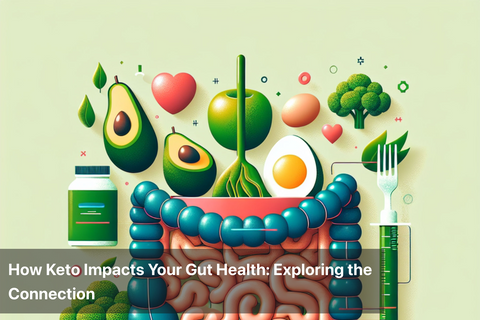
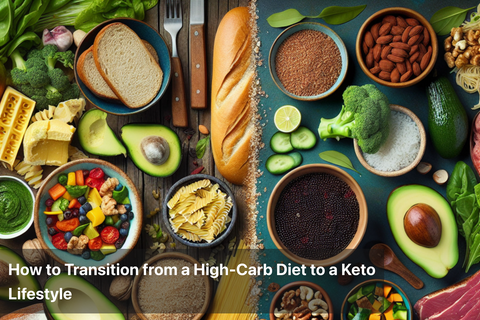
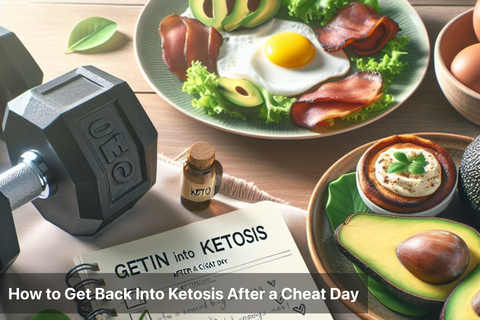
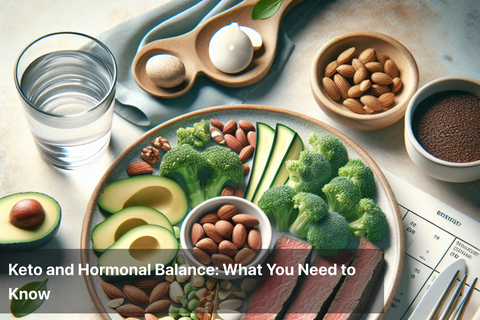
Leave a comment
Your email address will not be published.